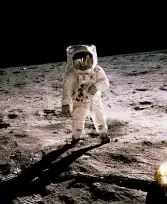
27 Feb 2026

20 Feb 2026

The POTUS is directing the Secretary of War to dig through the relevant documents
17 Feb 2026

It comes as an asteroid has a 4 percent chance of colliding with the Moon this week
16 Feb 2026
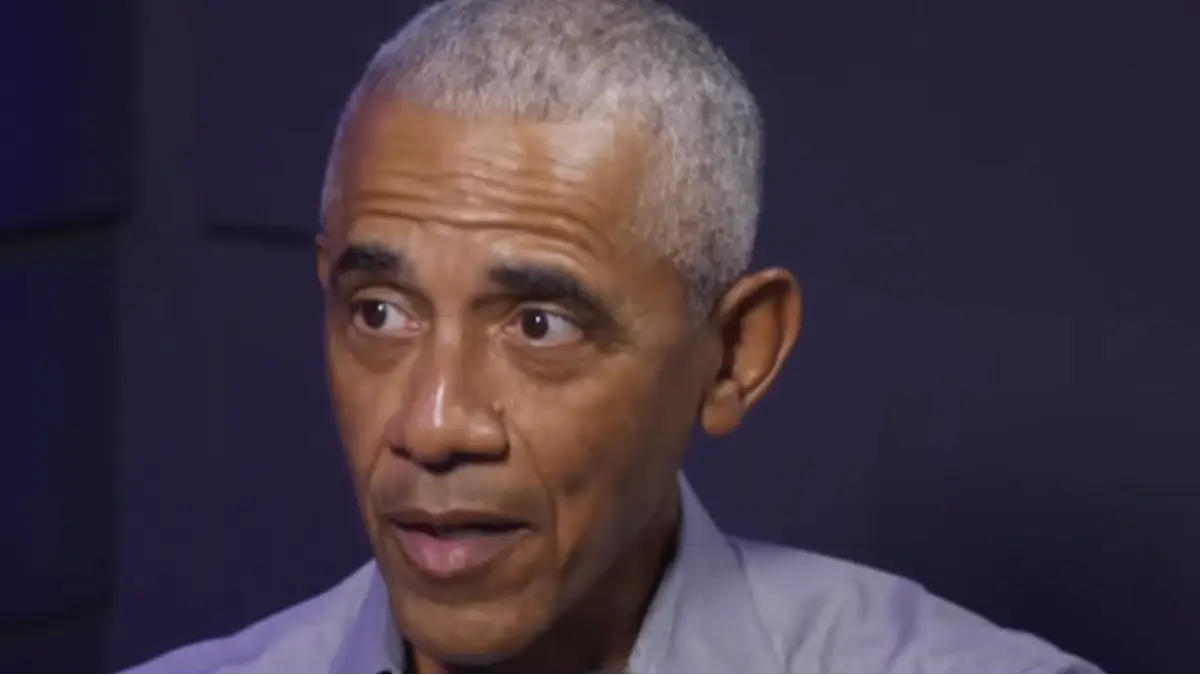
Obama has now addressed his viral remarks on aliens
10 Feb 2026

The Galapagos specimens were taken 200 years ago
08 Feb 2026

The black hole is expected to reach its peak next year
05 Feb 2026

The fertility and space experts came together to explore whether in-space pregnancy is safe
03 Feb 2026
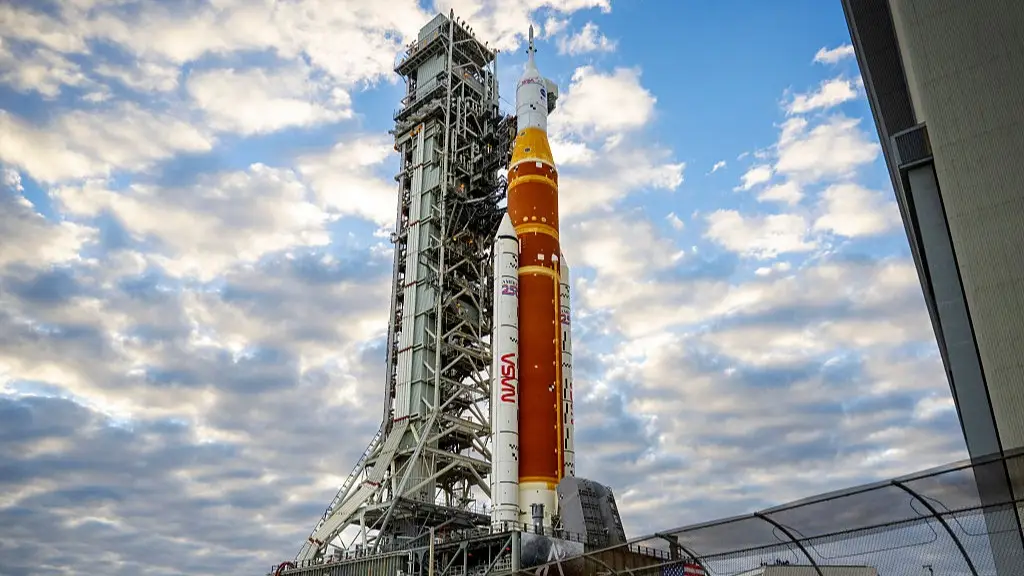
Other NASA missions have faced similar issues in the past
30 Jan 2026
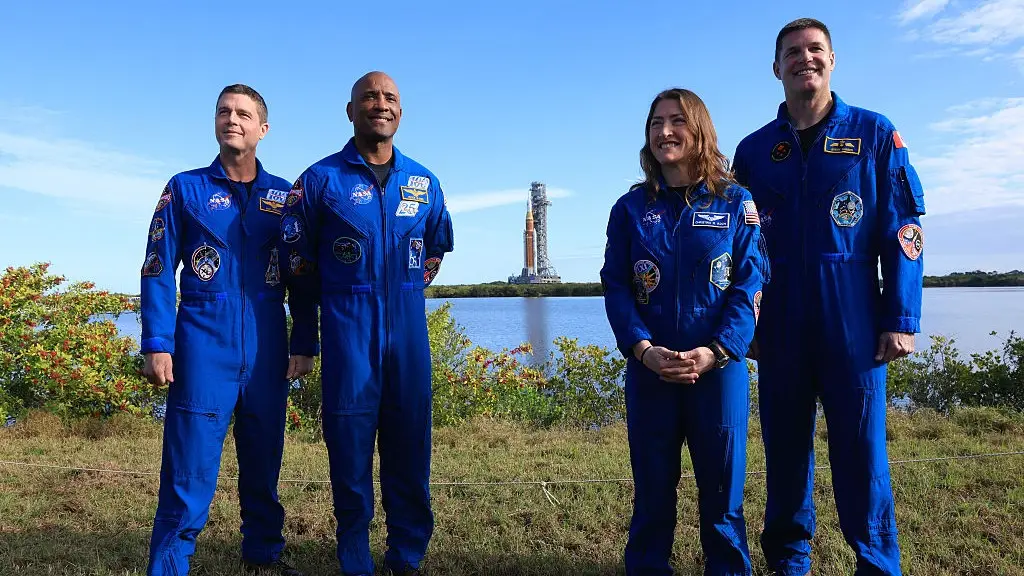
It comes as extreme weather has pushed the initial Artemis II launch date back
28 Jan 2026
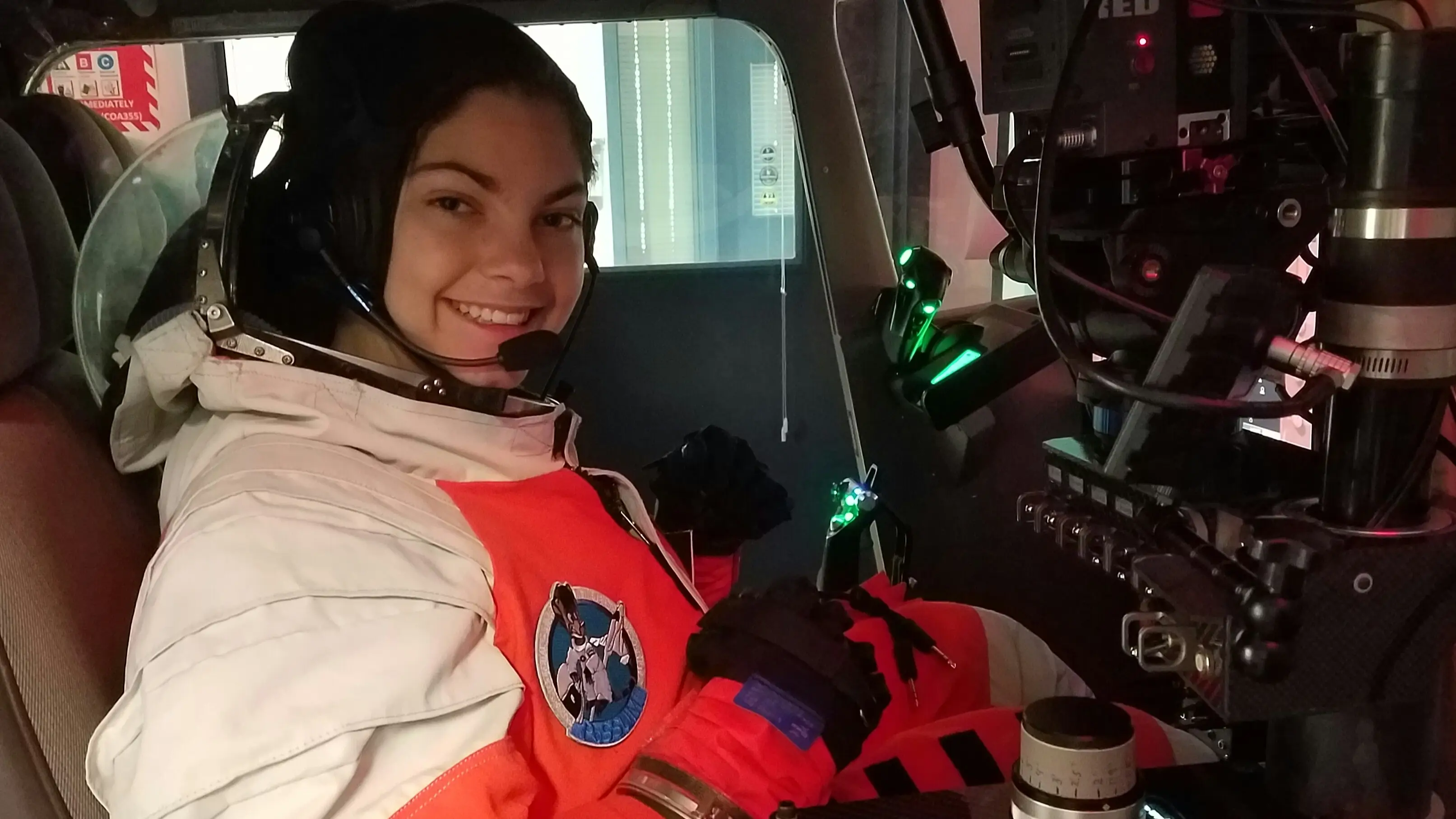
The astrobiologist has been dreaming of this since she was a child
23 Jan 2026
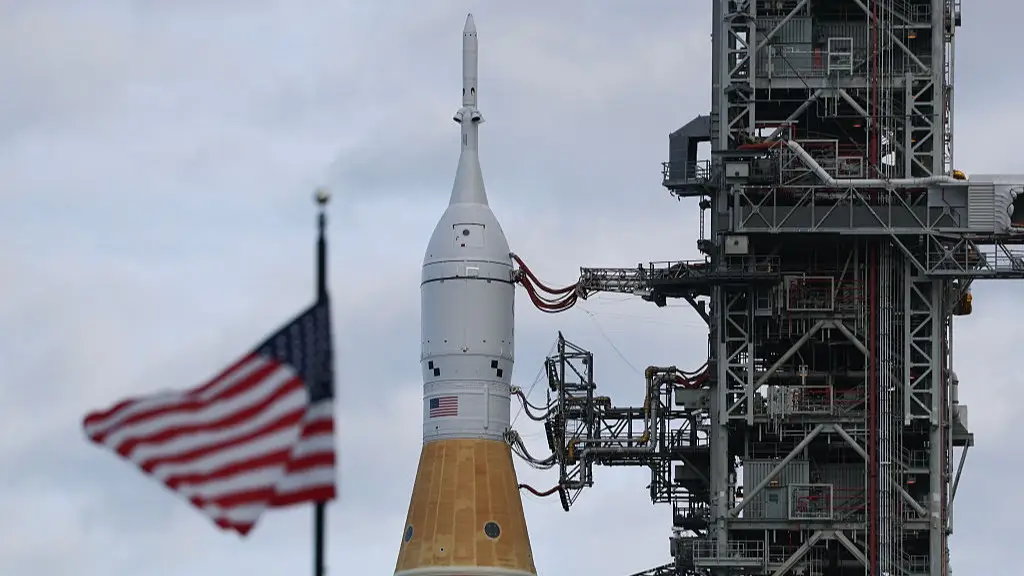
It's the first mission of it's kind in more than 50 years
22 Jan 2026
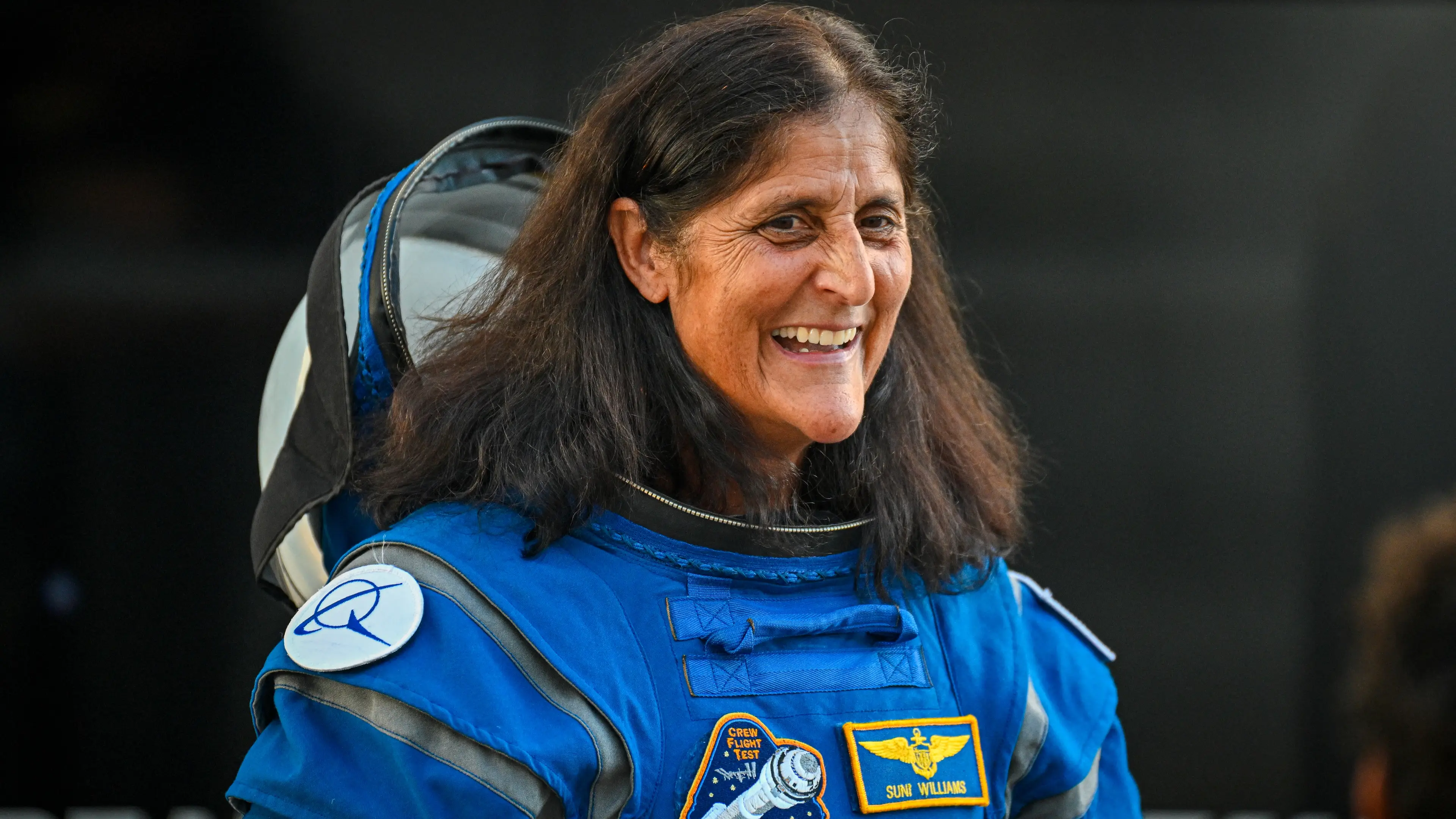
It comes as Suni confirmed her retirement from NASA, months after being rescued from space
19 Jan 2026

NASA has set the record straight on the wild internet theory
15 Jan 2026
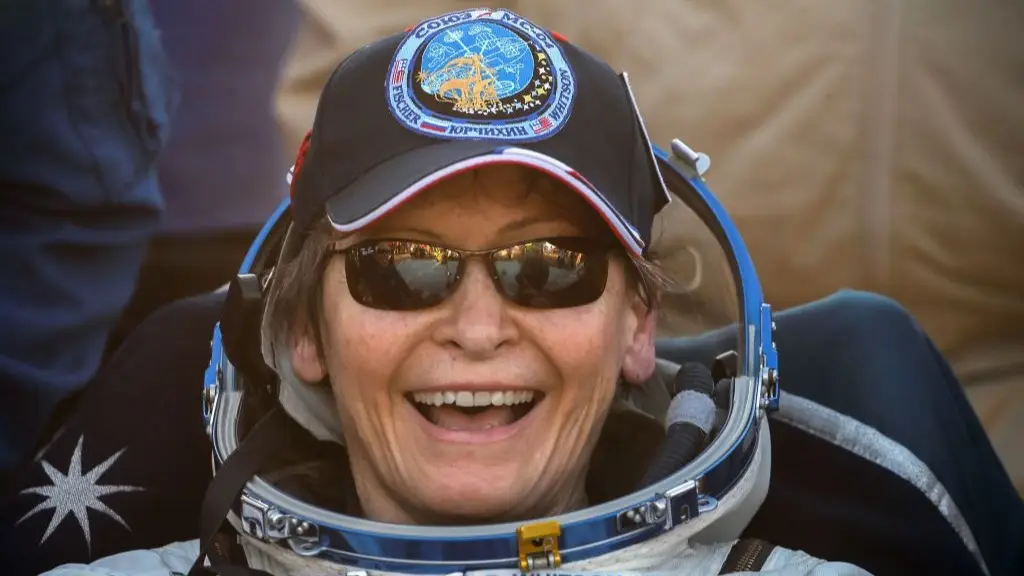
Peggy Whitson detailed her nightly routine in space - and it's world's apart from ours at home
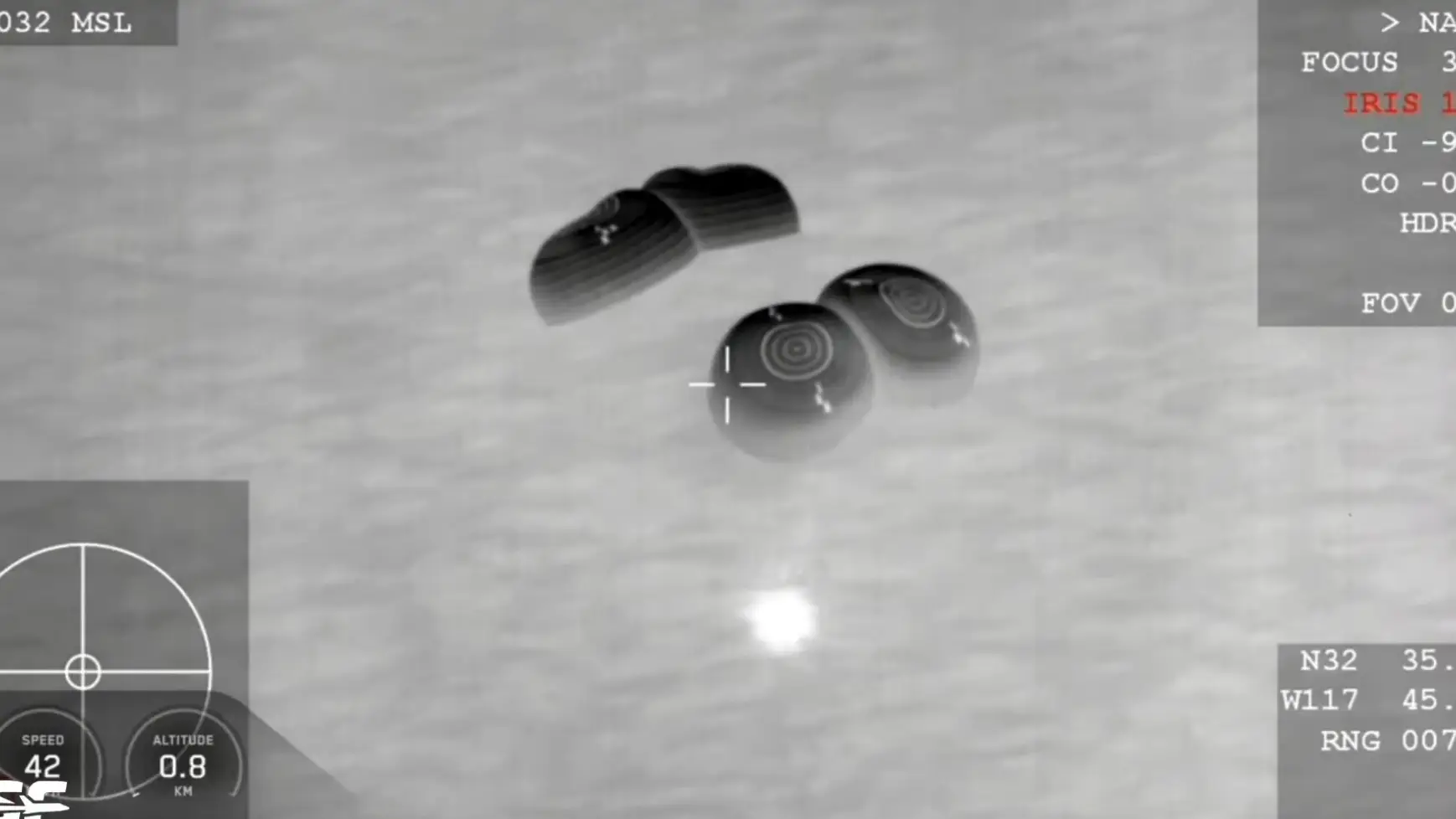
It was the first time in history an ISS mission was evacuated early over health concerns
06 Jan 2026

The space phenomenon took place over the North Pacific Ocean
01 Jan 2026
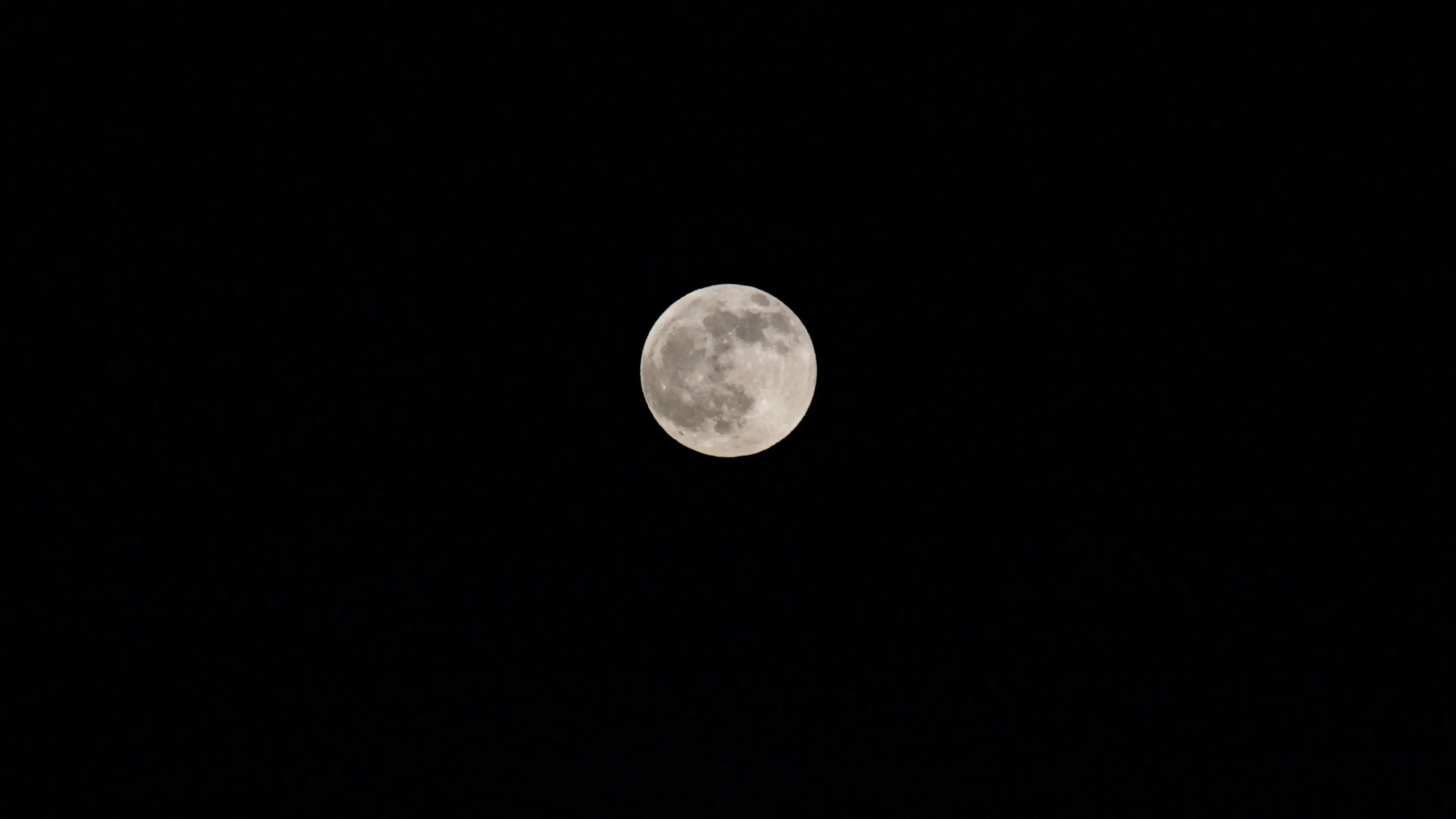
It's set to coincide with the first meteor shower of the year
30 Dec 2025
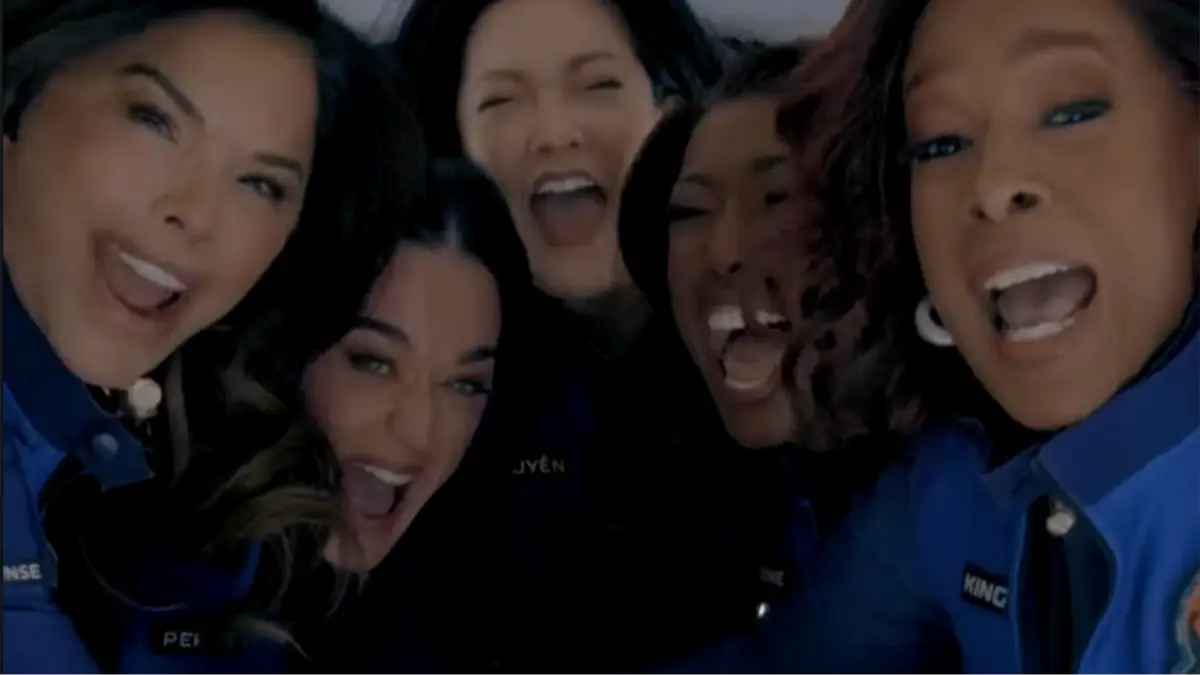
Amanda Nguyen has spoken out about the deep depression she spiraled into following the abundance of abuse she and her crew mates received
26 Dec 2025

Our first experience of alien life could be far more 'loud' and tragic than sci-fi movies have imagined
18 Dec 2025
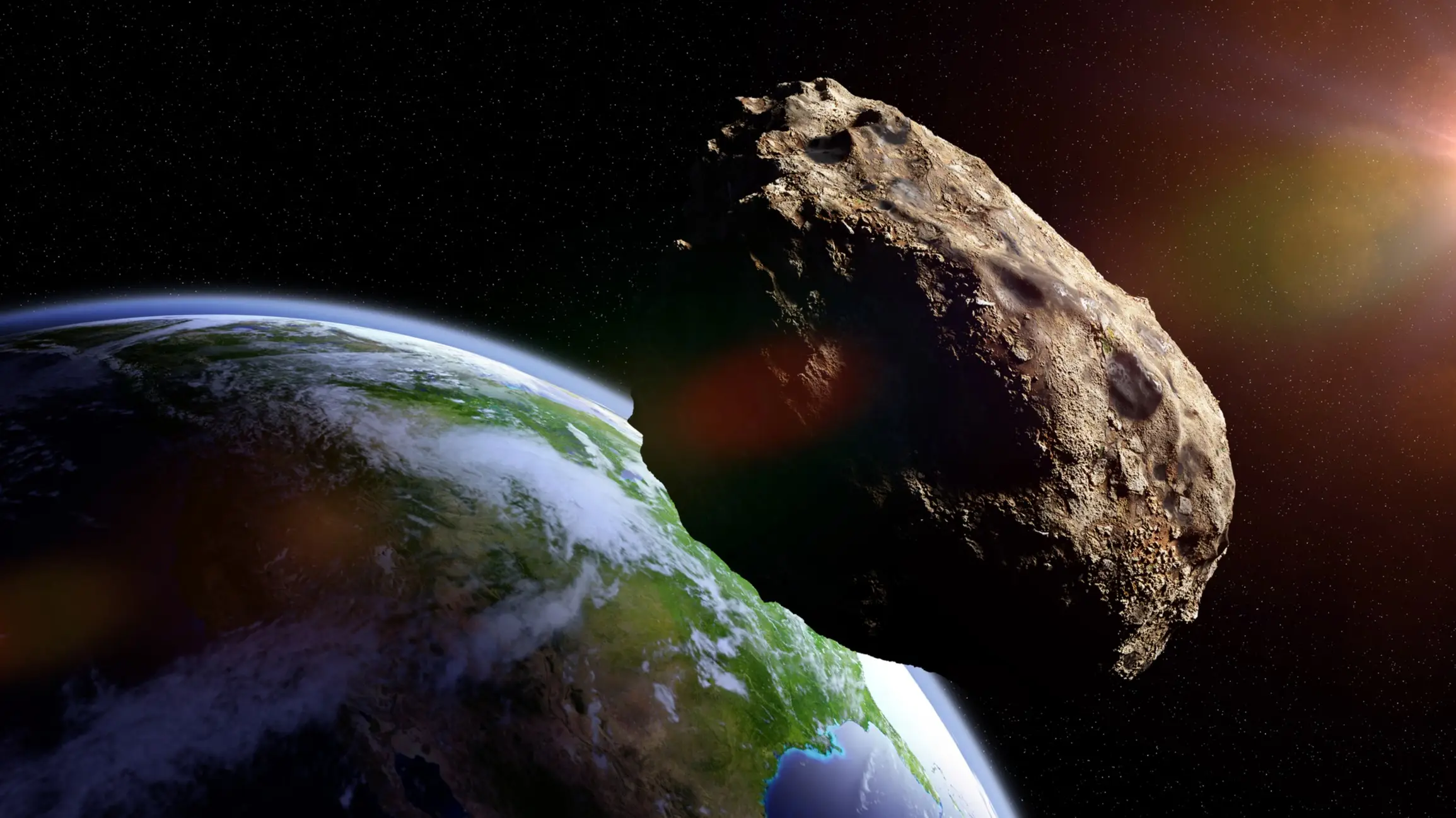
NASA has said the comet poses no threat to us... but what if it did?
11 Dec 2025

You'll have to stay up late to get the best view
08 Dec 2025

There's some pretty compelling evidence to back him up
07 Dec 2025

The 2021-launched telescope is set to be rivaled by a new design in the near future
04 Dec 2025

Stargazers can expect a trio of surprises as tonight's Moon shines bright



